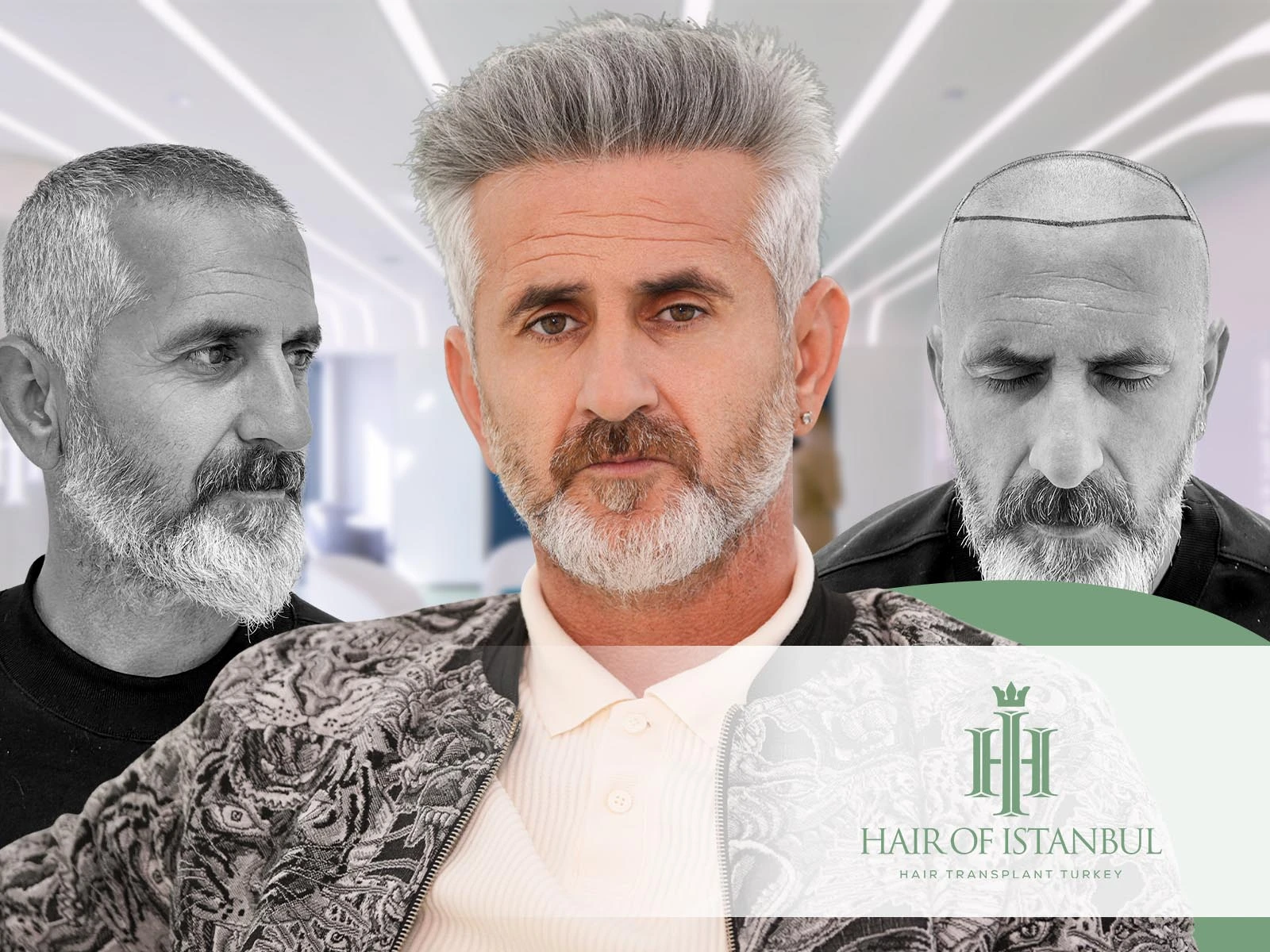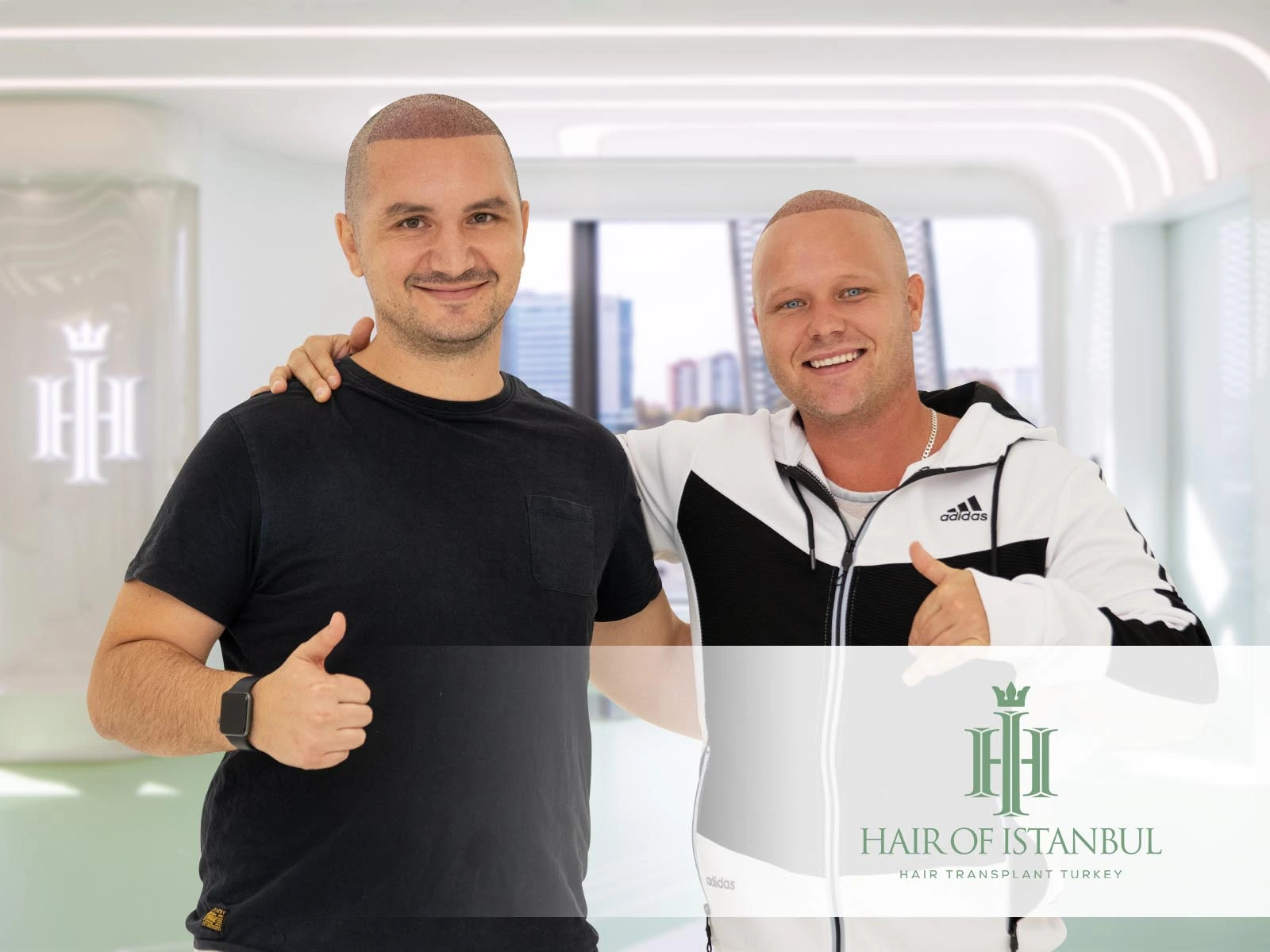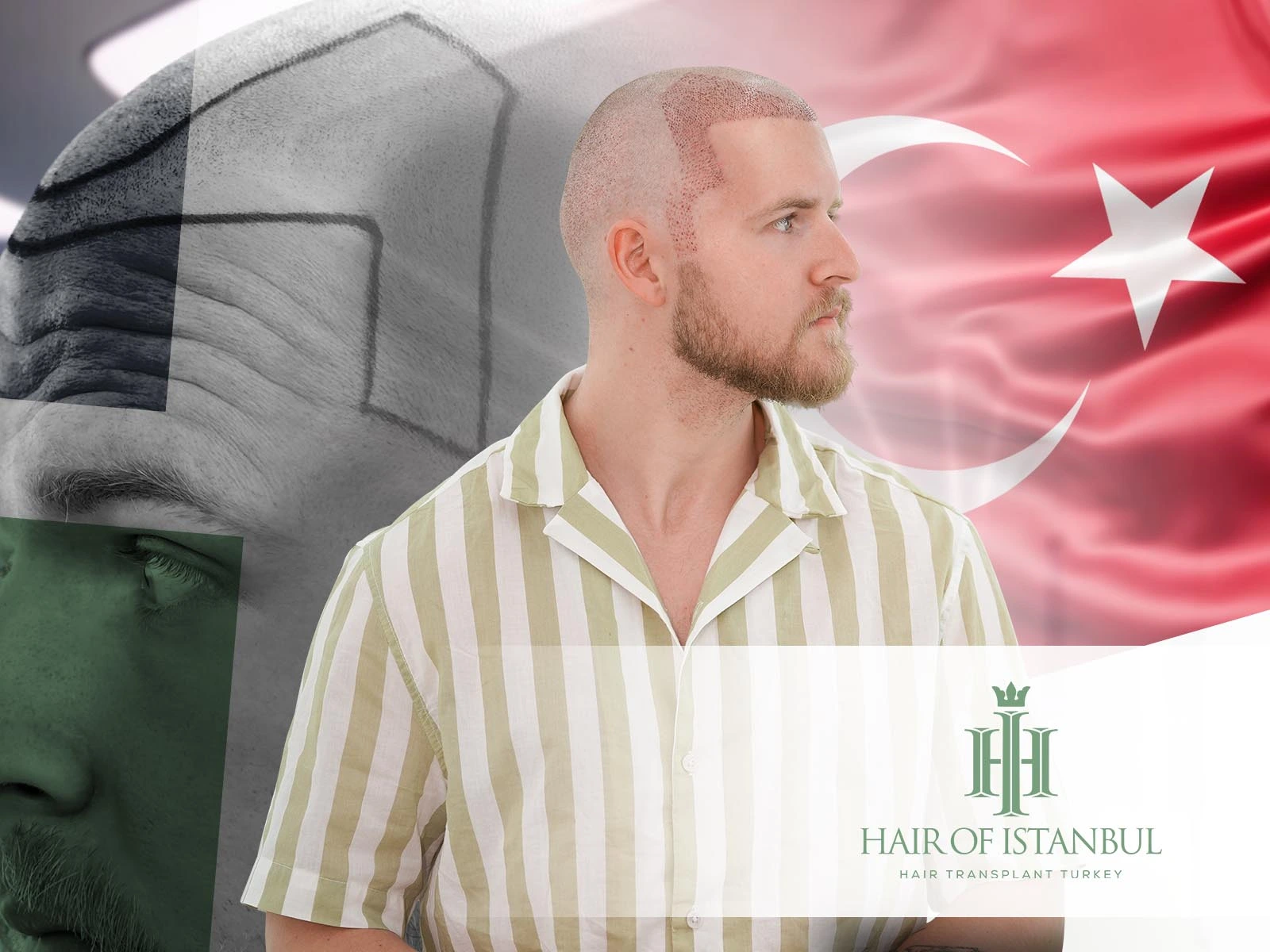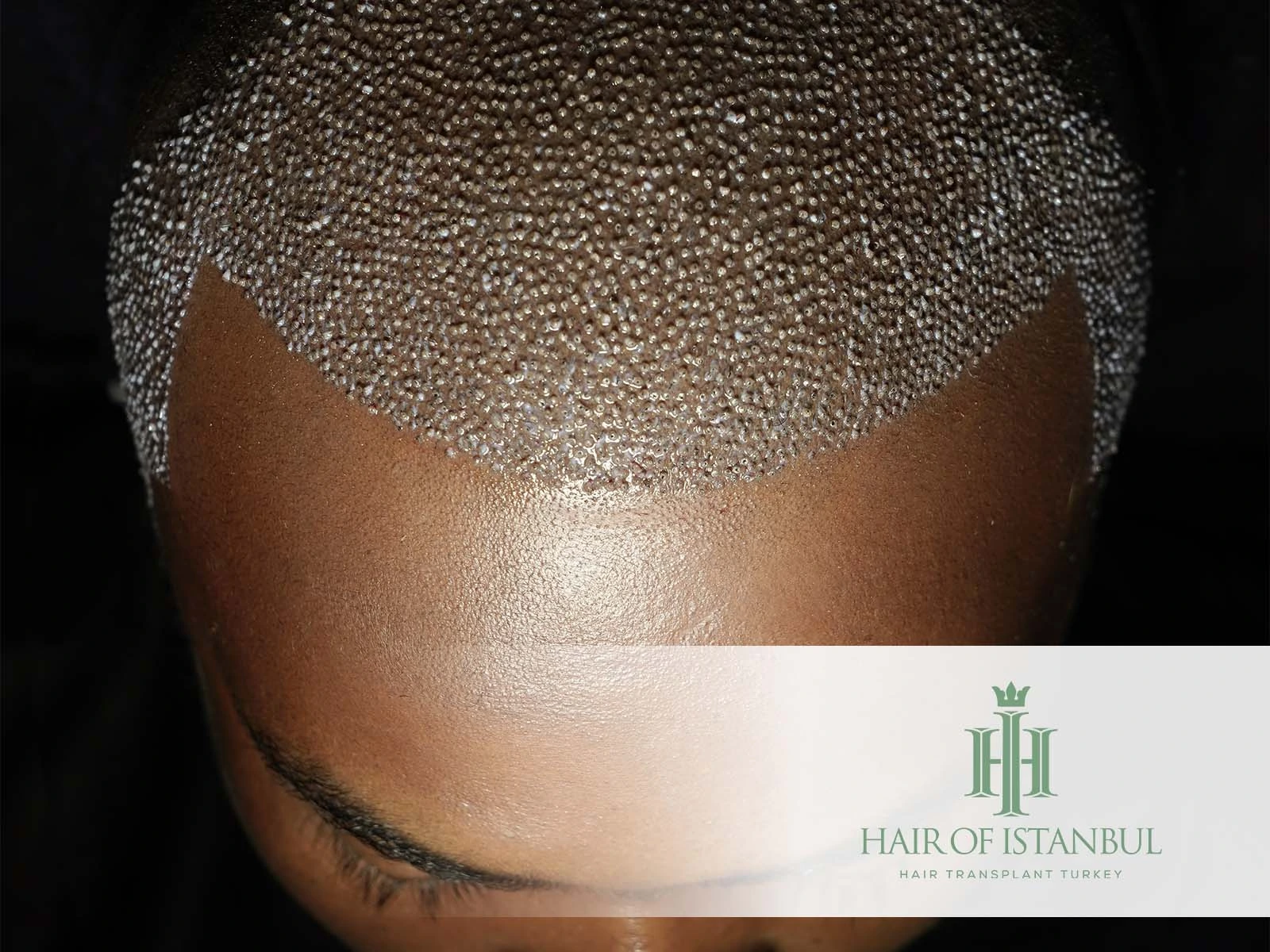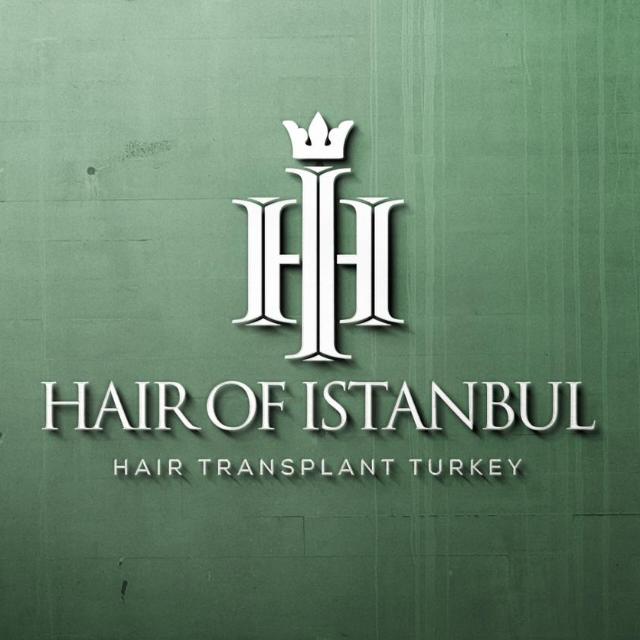Itchy After Hair Transplant: Causes and Effective Solutions
Feeling itchy after hair transplant surgery is not just common—it’s expected. As your scalp begins to heal, the regeneration of skin and follicles often triggers mild to moderate itching. While the sensation can be uncomfortable, it’s usually a sign that the recovery process is progressing as it should.
At Hair of Istanbul, a globally recognized hair transplant clinic, patients receive detailed aftercare plans to manage symptoms like itching, swelling, and redness. Whether you’ve undergone a FUE hair transplant, DHI hair transplant, or a more specialized female hair transplant, understanding what itching means—and when it might signal a problem—is essential to a successful outcome.
Why Does Itching Occur After Hair Transplant Surgery?
The primary cause of itching is skin regeneration. Following hair transplant surgery, tiny incisions begin to heal, often leading to dry, flaky skin. As scabs form and fall off naturally, this triggers the nerve endings, producing an itchy sensation. It’s especially common in larger procedures such as a 3000 grafts hair transplant, where more grafts mean more micro-injuries that need to heal.
Using gentle, clinic-approved moisturizers and shampoos as part of your hair transplant care after protocol can greatly reduce discomfort.

How Long Does Itchy After Hair Transplant Last?
Typically, itching starts within the first few days after surgery and can last up to two weeks. By hair transplant 3 months, most patients report the symptom has fully resolved. However, in some cases—especially in afro hair transplant procedures, where the skin may be more sensitive—itching may persist slightly longer.
Hair of Istanbul provides step-by-step instructions tailored to different hair types, whether it’s hair transplant for women, man hair transplant, or cases involving hair transplant long hair.
Is Itchy After Hair Transplant a Good Sign or a Problem?
In most cases, being itchy after hair transplant is a good sign—it means your scalp is healing. However, if the itching is accompanied by redness, swelling, or discharge, it could be a sign of infection or an allergic reaction. Clinics like Hair of Istanbul monitor patients closely through follow-up consultations, especially during the critical first month.
Persistent itching beyond the typical timeline should be evaluated by your surgeon to rule out complications.
Bu gönderiyi Instagram’da gör
How to Safely Relieve Itchy After Hair Transplant
Don’t scratch! Scratching can dislodge grafts and introduce bacteria
Use clinic-approved lotions or sprays
Rinse gently with lukewarm water, avoiding direct pressure
Sleep with your head elevated to reduce swelling
Avoid sun exposure or sweating, which can worsen irritation
These care steps are part of every hair transplant turkey aftercare plan and are crucial for maintaining graft survival and long-term success.
Before and After Hair Transplant: The Itching Phase
Most patients only focus on before and after hair transplant photos, but few talk about the recovery in between. Itching may not be visible, but it’s one of the most commonly reported sensations. Staying patient and following the recommended care helps ensure that your hair transplant results unfold exactly as expected.
At hair transplant 3 months, many patients already see new growth starting to appear. Proper healing in the early weeks—including how you handle itching—lays the foundation for that success.

Does Itching Affect Final Results?
If managed properly, no. Being itchy after hair transplant is normal and does not harm the grafts—unless excessive scratching or improper care occurs. Choosing a reputable hair transplant clinic like Hair of Istanbul ensures that you’re equipped with the right knowledge and products to stay on track.
Whether you’re recovering from a DHI hair transplant, FUE, or managing expectations after a cheap hair transplant gone wrong, consistency in aftercare makes all the difference.
Itching Is Normal, But Guidance Is Essential
It’s completely normal to feel itchy after hair transplant—it’s your body’s natural healing response. But knowing when to let it pass and when to seek help is crucial. At Hair of Istanbul, patients receive personalized care instructions based on the technique used, whether it’s a woman hair transplant, afro hair transplant, or even hair transplant long hair.
Trust your clinic, follow your care plan, and avoid scratching—because comfort today supports confidence tomorrow.

